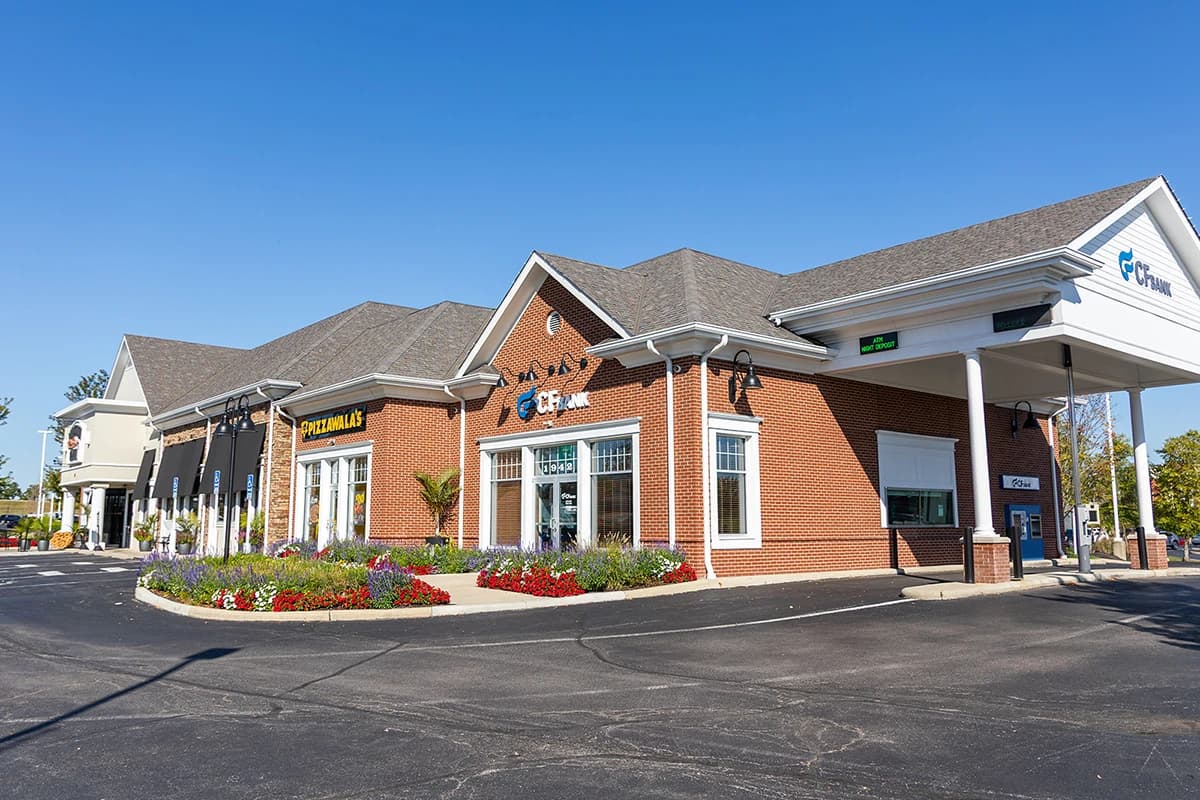
Factors to Consider When Investing in Commercial Real Estate
Written on November 25th, 2024 | Updated on October 1st, 2025
Are you looking for a reliable long-term investment that provides relatively stable returns and can withstand a maelstrom of economic changes? Then commercial real estate is the investment for you!
But before you jump headfirst into an investment portfolio, it’s important to have a thorough understanding of the various factors that can influence a CRE investment. We’ll break them down for you.
Property Type
Commercial real estate includes:
- Office buildings
- Retail spaces
- Warehouses
- Industrial properties
- Hotels
- Multifamily properties
- Mixed-use spaces
Each type of property offers different features, benefits and challenges. It’s important to consider how market conditions could affect commercial properties, so you must understand the level of risk associated with each.
Income potential also varies among CRE. For example, multifamily properties provide a more consistent cash flow due to high housing demands. Office buildings deliver high returns but could prove problematic if you face long-term vacancies.
Compare the advantages of existing properties and new construction. Established properties may provide cost-savings, while newer buildings offer customization opportunities and more modern amenities.
Location
The location of your commercial real estate affects how it performs in terms of occupancy, lease structure and appreciation. Access to major highways, railways, airports and seaports is crucial, especially for manufacturing and industrial tenants. Proximity to transportation hubs and public transit could make commercial property more attractive for retail centers and office buildings.
Investing in a high-traffic area can help you secure quality tenants and reduce your vacancy rate, too. But beware of overcrowded markets, as they could result in increased vacancies and lower rent. Check out the surrounding property and development quality as that could reflect on the value of your commercial real estate.
Local and State Laws
There’s plenty of fine print to analyze between laws, zoning regulations, fire codes, taxes and Americans with Disabilities Act (ADA) guidelines.
State and local laws: Each type of government has its own building codes that must be met to ensure the safety of a commercial structure. You may also encounter environmental laws that affect new builds, renovations and upgrades.
Zoning laws: Zoning regulations dictate property use, and some cities and states have stricter laws than others. Rezoning and special permits will be necessary if your property’s current designation doesn’t align with your intended use.
Fire codes: You must ensure your commercial properties adhere to fire codes, which could require an upfront investment if a structure has an outdated system. Doing so enhances safety features, increases the property value and reduces the risk of code violations.
ADA guidelines: Ensuring your commercial property is accessible to individuals with disabilities can improve its useability and market value. ADA-compliant facilities are more attractive to potential tenants, especially those who need public access, such as healthcare and retail facilities.
Taxes: Some state and local governments offer incentives including tax credits, grants and subsidies for commercial real estate investors in specific locations.
Property Management
Depending on the size of your investment portfolio and individual properties, you may require a property management team to maintain your assets. That support is crucial if you live in a different city or state.
Commercial property management staff can enhance tenant retention by building positive relationships, addressing issues promptly, completing proactive maintenance and conducting lease negotiations on your behalf.
Having onsite staff to tend to your commercial real estate also boosts operational efficiency. Their presence could prove attractive to potential tenants looking for a secure, well-maintained space. Property managers may handle financial tasks, too, including rent collection, financial reporting, budgeting and expense forecasting.
Tenancy
As your primary source of income, your tenants’ dependability directly impacts your financial stability as a commercial real estate investor. Attracting and retaining high-quality tenants can reduce missed payments and defaults.
Here are some factors to consider when evaluating commercial renters:
- Income stability
- Rental payment history
- Creditworthiness
- Financial stability
Contracting long-term leases provides you with a source of predictable income, especially if you have a diverse group of renters. Having a variety of tenants from different industries means you don’t have to rely on a specific type of renter to provide income. It also shows your property’s potential, which can attract new tenants if some leave.
CRE Investment Opportunities in Columbus, Ohio
Whether you’re new to commercial property investment or looking to diversify your portfolio, DRK and Company can help. The real estate market in Columbus, Ohio, is primed for growth, providing you with a stable investment opportunity. Contact our investment team to schedule a free consultation and learn more about our services.




